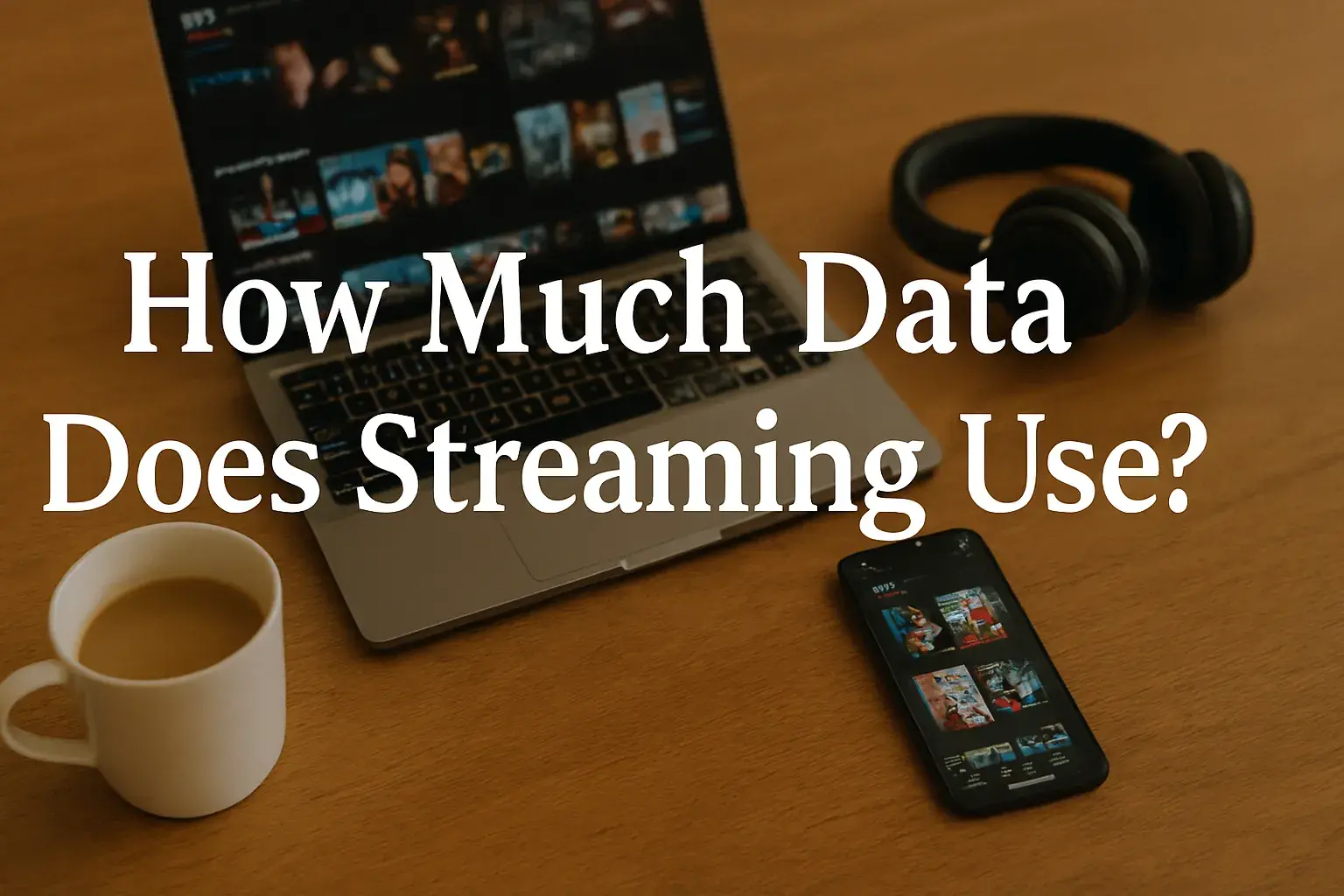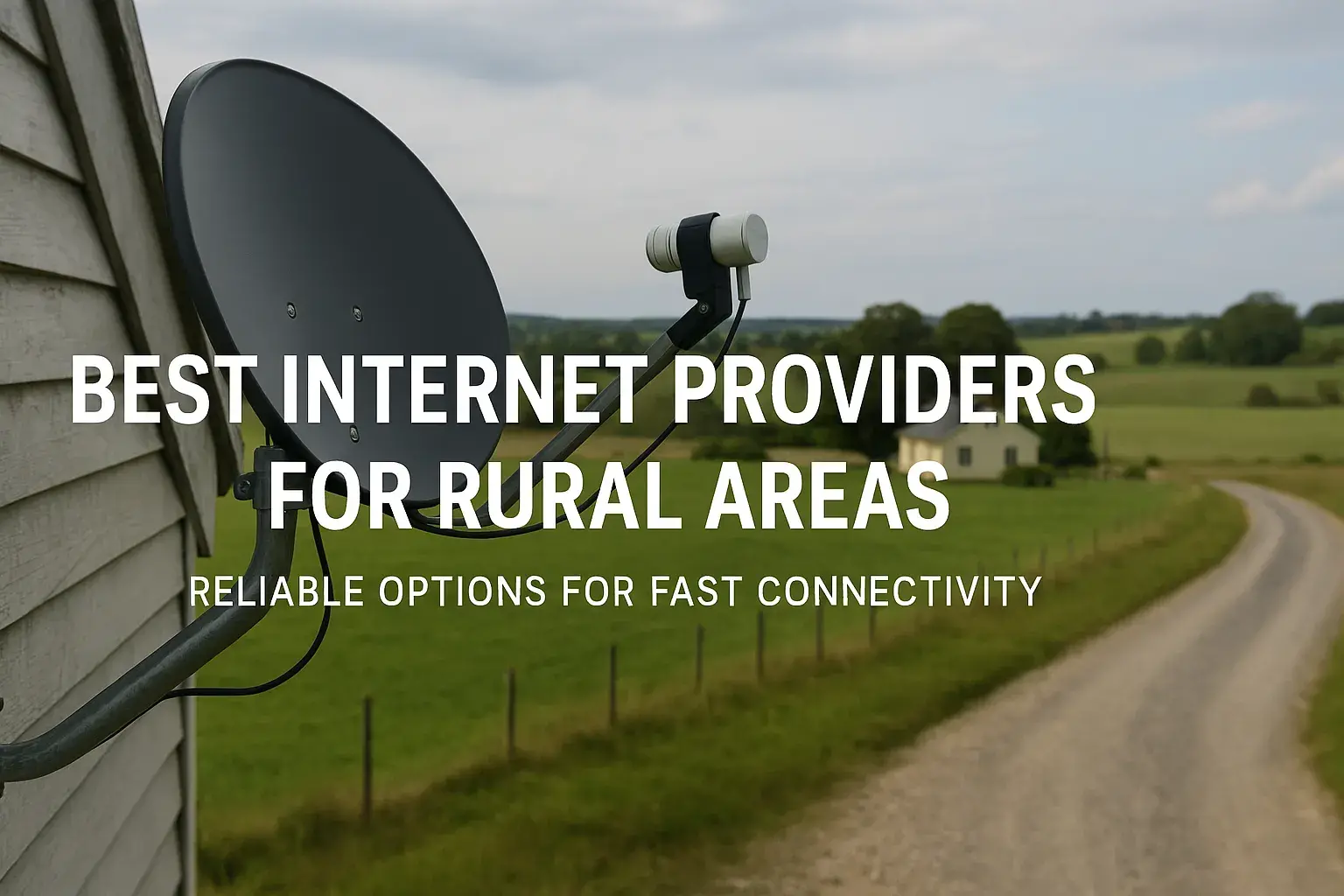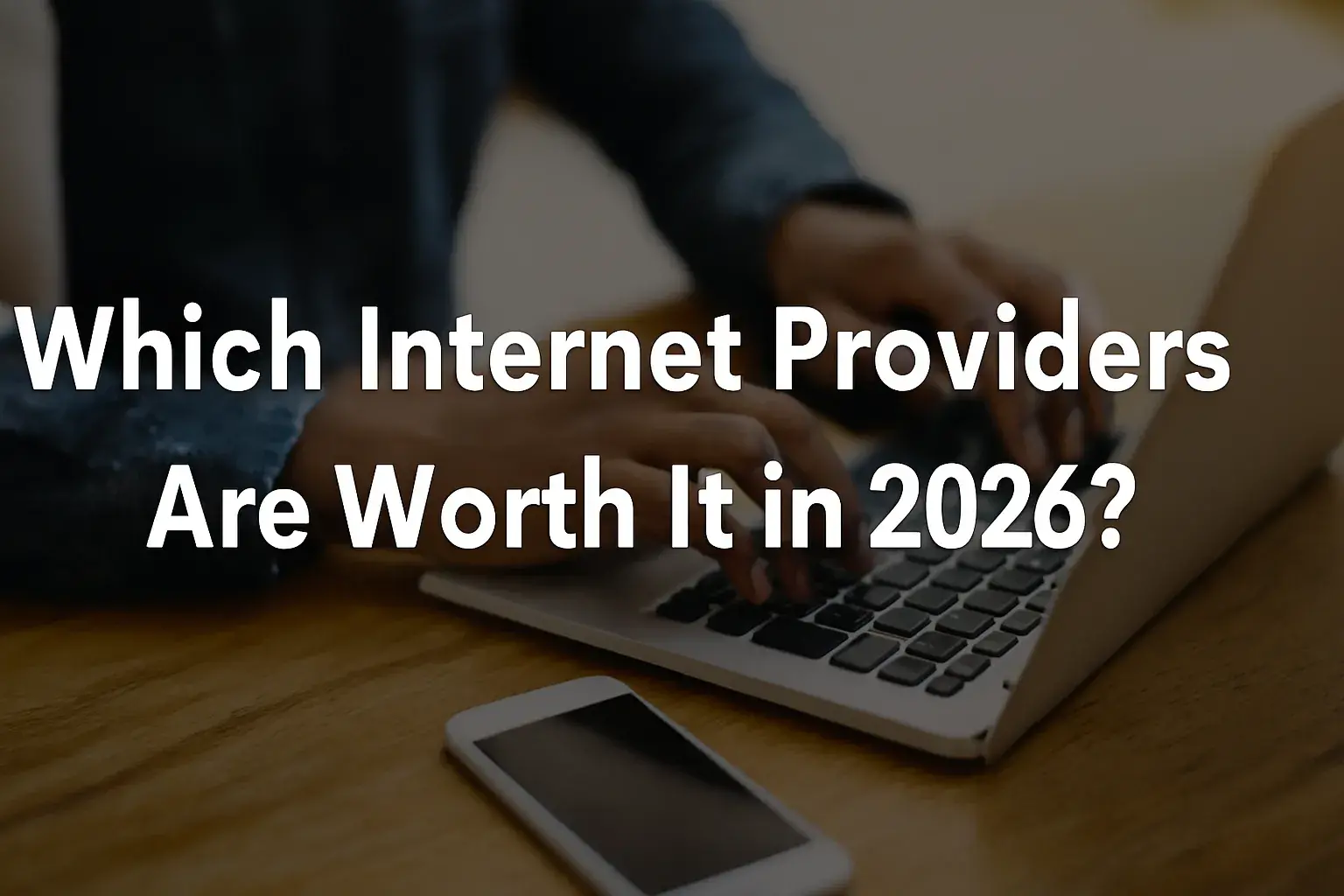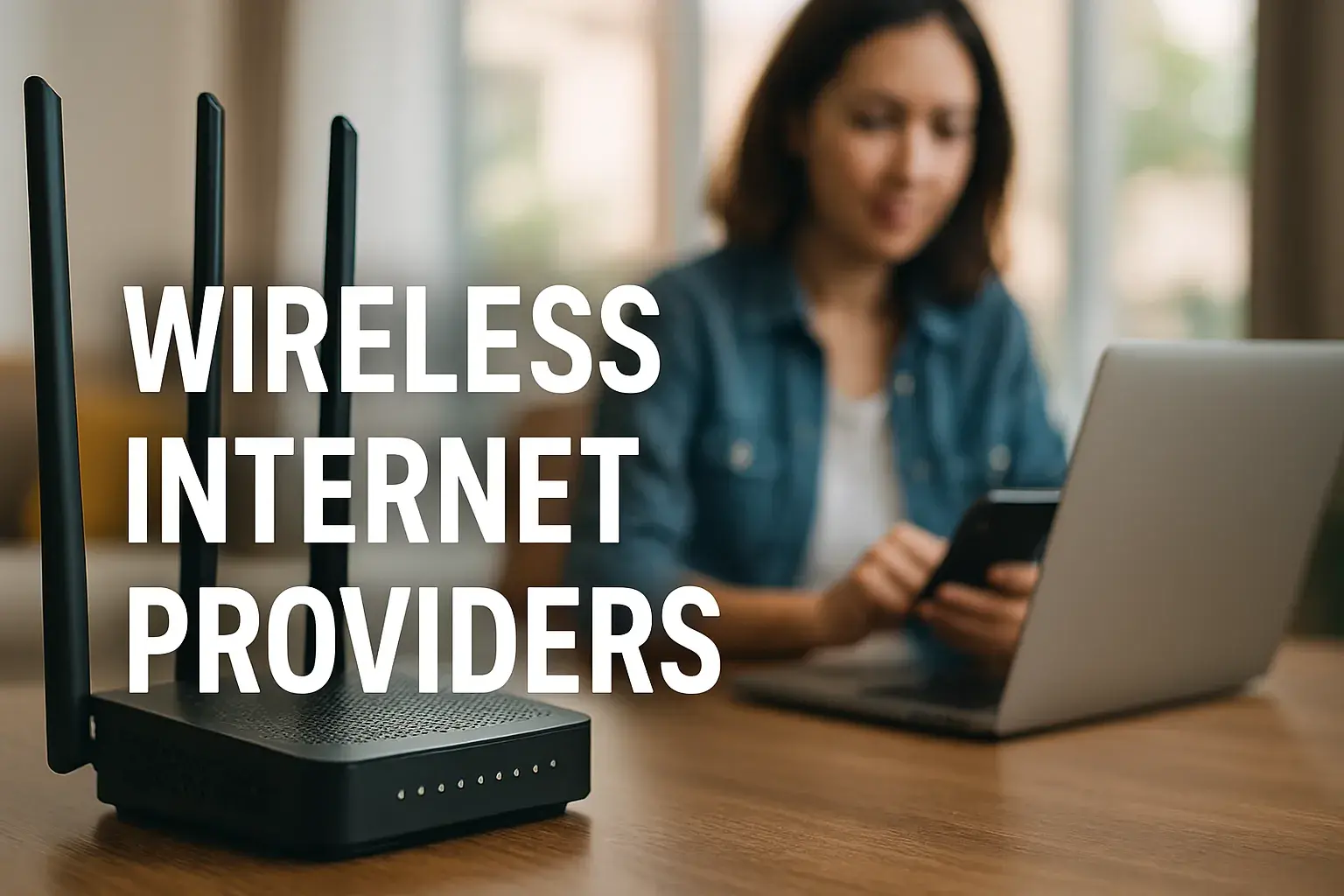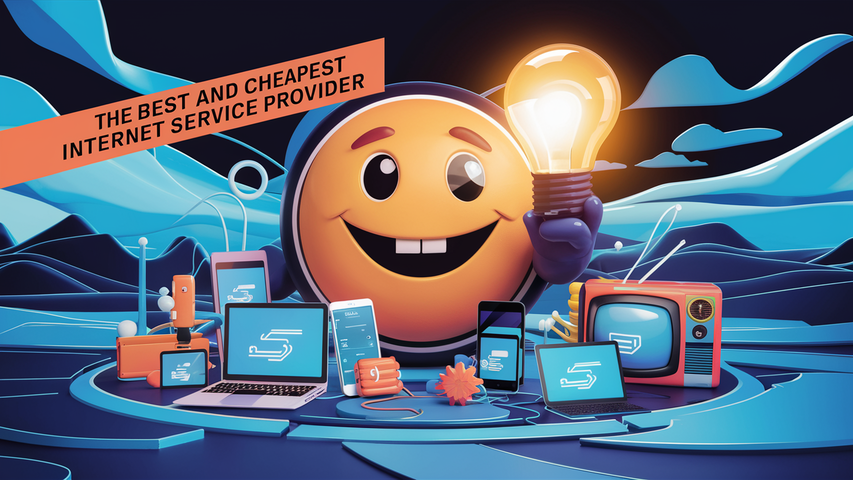
Introduction
In today’s connected world, a reliable and affordable internet connection is essential for work, education, entertainment, and staying in touch with loved ones. With numerous internet service providers (ISPs) offering a variety of plans, finding the best and cheapest option can be challenging. Factors like speed, reliability, pricing, and customer service play a critical role in determining which ISP is right for you.
Why Choosing the Right ISP Matters
Selecting an ISP that offers both affordability and performance is crucial for several reasons:
-
Speed: Faster speeds are necessary for bandwidth-intensive tasks like 4K streaming, online gaming, and video conferencing.
-
Reliability: A stable connection ensures uninterrupted service, especially during peak usage times.
-
Cost: Affordable plans help you save money without sacrificing quality.
-
Customer Service: Responsive support can resolve technical or billing issues quickly, enhancing your overall experience.
By balancing these factors, you can find an ISP that meets your household’s needs without breaking the bank.
Top Internet Service Providers in the US
Based on extensive research and customer feedback, the following ISPs stand out as the best and cheapest options in the US, offering a mix of affordability, speed, and reliability. Below, we detail their plans, pricing, coverage, and key features.
1. Mediacom
Overview: Mediacom is a regional ISP serving rural and suburban areas, known for its budget-friendly plans and widespread availability in the Midwest and South.
-
Plans and Pricing:
-
Basic Plan: Starts at $19.99/mo. For speeds up to 100 Mbps, ideal for light users.
-
300 Mbps Plan: $50/mo. (increases to $65/mo. after the first year), suitable for families.
-
Higher Tiers: Up to 1 Gbps for heavier users, with pricing varying by location.
-
-
Features:
-
Unlimited data on most plans (lower-tier plans may have caps, e.g., 300GB for 100 Mbps).
-
No contracts, offering flexibility to change or cancel plans.
-
Free installation with online orders.
-
Xtream Connect low-income plan: $15/mo. For 100 Mbps (plus $15/mo equipment fee, optional).
-
-
Coverage: Serves areas in the Midwest, South, Arizona, and California. Check availability at mediacomcable.com.
-
Best For: Budget-conscious users in rural or suburban areas needing reliable internet for streaming, browsing, or light gaming.
-
Considerations: Data caps on cheaper plans can lead to overage charges, and customer service receives mixed reviews.
Customer Feedback: Mediacom is praised for its affordability and reliability in rural areas, but some users report issues with customer service and technical support. Checking local reviews is recommended.
2. Cox Communications
Overview: Cox is a major ISP offering cable internet in several states, with competitive prepaid and low-income plans.
-
Plans and Pricing:
-
Cox Fast Internet: $50/mo. For fFor300 Mbps, with a two-year price guarantee.
-
Connect Assist: $30/mo. For 100 Mbps, available to low-income households participating in programs like Lifeline, SNAP, or SSI.
-
Standard Plans: Start at around $60/mo. For 100 Mbps, with higher tiers up to 1 Gbps.
-
-
Features:
-
Unlimited data across all plans.
-
No contracts, providing flexibility.
-
Free installation for prepaid plans.
-
Bundling options with TV or phone services for additional savings.
-
-
Coverage: Available in states like Arizona, California, Florida, Georgia, and Texas. Check availability at cox.com.
-
Best For: Families and individuals in urban and suburban areas seeking reliable, affordable internet.
-
Considerations: Standard plans can be pricier than prepaid options, and equipment rental fees ($15/mo.) apply unless you use your modem.
Customer Feedback: Cox is well-regarded for its reliability and speed, particularly for its prepaid plans. However, some users note inconsistent customer service experiences.
3. Verizon
Overview: Verizon offers both 5G Home Internet and fiber-optic (Fios) services, with competitive pricing and excellent customer service.
-
Plans and Pricing:
-
5G Home: $35/mo. With a qualifying mobile plan, up to 300 Mbps.
-
5G Home Plus: $45/mo, up to 500 Mbps.
-
5G Home Ultimate: $60/mo, up to 1 Gbps.
-
Fios Plans: Start at around $49.99/mo. For 300 Mbps, up to 940 Mbps.
-
-
Features:
-
Unlimited data and no contracts.
-
Price guarantee for 3-5 years, depending on the plan.
-
Easy self-installation for 5G Home Internet.
-
Bundling discounts with Verizon mobile plans ($15/mo savings).
-
-
Coverage: 5G Home Internet is available in areas with strong 5G coverage; Fios is limited to select urban areas. Check availability at verizon.com.
-
Best For: Users in 5G-covered areas or those with Verizon mobile plans seeking affordable, high-speed internet.
-
Considerations: 5G performance varies by location, and Fios is not widely available.
Customer Feedback: Verizon is highly rated for its reliability and customer service, with its 5G Home Internet praised for simplicity and affordability.
4. AT&T Fiber
Overview: AT&T Fiber is a top choice for its high-speed, reliable fiber-optic service, offering excellent value despite not being the cheapest.
-
Plans and Pricing:
-
Internet 300: $55/mo. For fFor300 Mbps symmetrical speeds.
-
Higher Tiers: Up to 5 Gbps for around $180/mo.
-
-
Features:
-
Unlimited data and no contracts.
-
Free self-installation; professional installation ($99) often waived.
-
WiFi 6 gateway included for optimal performance.
-
Consistent promotional deals, such as discounts on streaming services.
-
-
Coverage: Available in many major cities and suburbs across 21 states. Check availability at att.com.
-
Best For: Users prioritizing speed and reliability for gaming, streaming, or remote work.
-
Considerations: Slightly higher starting price than some competitors, but the value is excellent for fiber-optic service.
Customer Feedback: AT&T Fiber consistently ranks high in customer satisfaction, with users praising its fast speeds, reliable service, and responsive support.
5. T-Mobile 5G Home Internet
Overview: T-Mobile’s 5G Home Internet is a newer option that offers simplicity, affordability, and unlimited data.
-
Plans and Pricing: Starts at around $50/mo. For speeds up to 415 Mbps.
-
Features:
-
Unlimited data with no overage charges (deprioritization after 1.2TB/month).
-
No contracts and easy self-installation.
-
Discounts for T-Mobile mobile plan customers.
-
-
Coverage: Available in areas with strong 5G coverage. Check availability at t-mobile.com.
-
Best For: Users seeking a hassle-free, affordable internet solution with unlimited data.
-
Considerations: Speeds can fluctuate based on network congestion and location.
Customer Feedback: T-Mobile is highly rated for its straightforward pricing and reliable service, though some users note variable speeds in certain areas.
6. Astound Broadband
Overview: Astound Broadband, formerly RCN, Grande, and Wave, is a regional ISP offering competitive pricing in select urban areas.
-
Plans and Pricing: Starts at $30/mo. For 300 Mbps in areas like New York City.
-
Features:
-
Unlimited data and no contracts.
-
Free installation with online orders.
-
WiFi 6 router included.
-
-
Coverage: Available in cities like New York, Chicago, and Los Angeles. Check availability at astound.com.
-
Best For: Urban dwellers seeking affordable, high-speed internet.
-
Considerations: Limited to specific regions, so availability is a key factor.
Customer Feedback: Astound is praised for its transparent pricing and reliable service, though its smaller footprint limits its reach.
Comparison Table
|
Provider |
Cheapest Plan |
Speed |
Data Cap |
Contract |
Coverage |
Best For |
|---|---|---|---|---|---|---|
|
Mediacom |
$19.99/mo. |
Up to 100 Mbps |
Varies (300GB for basic plans) |
None |
Midwest, South |
Budget users, rural areas |
|
Cox |
$30/mo. (Connect Assist) |
100 Mbps |
None |
None |
Multiple states |
Families, low-income households |
|
Verizon |
$35/mo. (5G Home) |
Up to 300 Mbps |
None |
None |
5G-covered areas |
Mobile plan bundlers |
|
AT&T Fiber |
$55/mo. |
300 Mbps |
None |
None |
Major cities |
Speed and reliability seekers |
|
T-Mobile 5G |
$50/mo. |
Up to 415 Mbps |
None (1.2TB deprioritization) |
None |
5G-covered areas |
Hassle-free users |
|
Astound Broadband |
$30/mo. |
300 Mbps |
None |
None |
Urban areas |
Urban budget users |
How to Choose the Best ISP for You
Selecting the right ISP involves several key considerations:
-
Check Availability: Use provider websites or comparison tools like HighSpeedInternet.com to see which ISPs service your area.
-
Assess Speed Needs:
-
Light Use (1–5 devices): 10–100 Mbps for browsing, emailing, and HD streaming.
-
Moderate Use (5–10 devices): 100–300 Mbps for 4K streaming and video calls.
-
Heavy Use (10+ devices): 300 Mbps or higher for gaming, multiple 4K streams, and smart homes.
-
-
Evaluate Budget: Look for plans with promotional discounts, no contracts, and no hidden fees. Consider bundling with TV or mobile services for additional savings.
-
Review Customer Service: Providers like AT&T Fiber and Verizon are known for excellent support, while others like Mediacom may have mixed reviews.
-
Consider Additional Features: Look for perks like free installation, included equipment, or low-income programs.
Customer Feedback and Insights
-
Mediacom: Users appreciate its affordability, especially in rural areas, but some report issues with customer service and data caps on lower-tier plans.
-
Cox: Praised for its prepaid plans and reliability, though some users note inconsistent support.
-
Verizon: Highly rated for its 5G Home Internet’s simplicity and customer service, with strong performance in urban areas.
-
AT&T Fiber: Consistently ranks high for speed, reliability, and support, making it a favorite for heavy users.
-
T-Mobile 5G: Popular for its straightforward pricing and unlimited data, though performance varies by location.
-
Astound Broadband: Well-regarded in urban areas for its competitive pricing and reliable service.
Tips for Maximizing Savings
-
Look for Promotions: Many ISPs offer introductory rates, free installation, or perks like streaming service discounts.
-
Use Your Equipment: Avoid rental fees ($10–$15/mo.) by purchasing a compatible modem or router.
-
Bundle Services: Combining internet with TV or mobile plans can reduce overall costs.
-
Check Low-Income Programs: Providers like Cox and Mediacom offer discounted plans for qualifying households.
Conclusion
Finding the best and cheapest internet service provider in the US requires balancing affordability, speed, reliability, and customer service. Providers like Mediacom, Cox, Verizon, AT&T Fiber, T-Mobile 5G Home Internet, and Astound Broadband offer competitive plans that cater to various needs. By checking availability, assessing your speed requirements, and comparing pricing and features, you can find an ISP that delivers high-quality service at a budget-friendly price. Use tools like HighSpeedInternet.com to explore options in your area and take advantage of promotions to maximize savings. With the right ISP, you can enjoy fast, reliable internet without overspending.
FAQ
Q1: What is the cheapest internet plan available?
A1: Mediacom offers plans starting at $19.99/mo. For basic speeds, Astound Broadband provides 300 Mbps for $30/mo. In select areas. Cox’s Connect Assist is $30/mo. For low-income households.
Q2: Which ISP offers the best value for money?
A2: AT&T Fiber ($55/mo for 300 Mbps) and Verizon 5G Home Internet ($35/mo with bundling) offer excellent value with high speeds, unlimited data, and no contracts.
Q3: Are there any ISPs with no data caps?
A3: Yes, Mediacom (higher-tier plans), Cox, Verizon, AT&T Fiber, T-Mobile 5G Home Internet, and Astound Broadband offer unlimited data.
Q4: How can I check if a provider is available in my area?
A4: Visit provider websites (e.g., att.com, verizon.com) or use comparison tools like HighSpeedInternet.com to check availability by entering your address.
Q5: What should I do if I’m not satisfied with my current ISP?
A5: Research other providers in your area, compare their plans, and consider switching to one with better speeds, pricing, or customer service.
Q6: Are there promotions or discounts I should look for?
A6: Many ISPs offer introductory rates, free installation, or bundling discounts. Check provider websites for current deals.
Q7: Is fiber internet worth the extra cost?
A7: Fiber internet, like AT&T Fiber or Verizon Fios, offers symmetrical speeds and high reliability, making it ideal for heavy users. For basic needs, cable or 5G may suffice.
Q8: Can I use my equipment to save on rental fees?
A8: Yes, most ISPs allow you to use your modem or router, saving $10–$15/mo. Ensure compatibility with the provider’s service.
Q9: How important is customer service when choosing an ISP?
A9: Customer service is crucial for resolving issues. AT&T Fiber and Verizon are known for excellent support, while others like Mediacom may have mixed reviews.
Q10: What if I live in a rural area with limited options?
A10: Consider satellite providers like HughesNet ($49.99/mo., 100 Mbps) or Starlink ($120/mo., 220 Mbps) for rural areas, though they may have higher latency.
